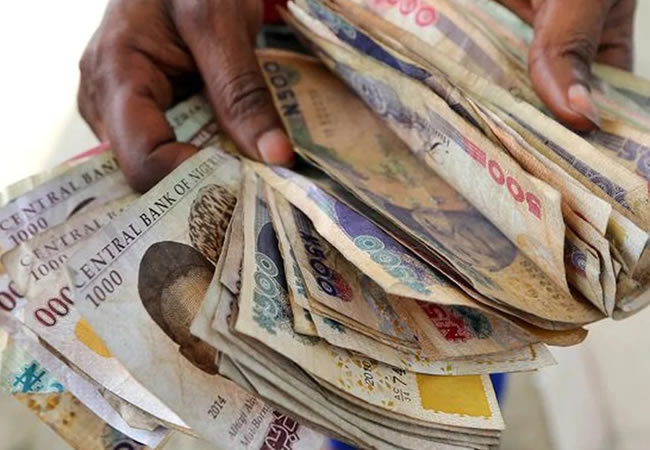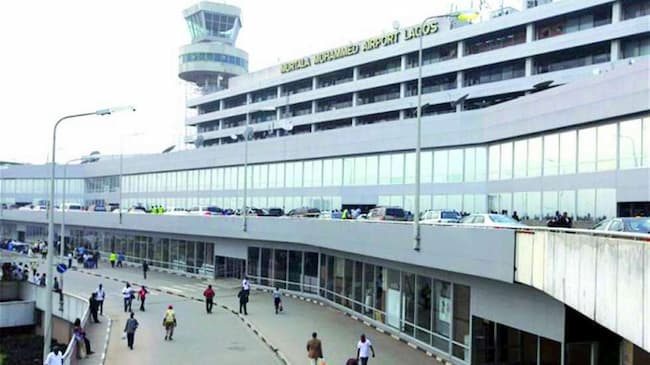Nigeria’s money supply (M3) jumped 62.8% year-on-year (YoY) in September 2024, despite the Central Bank of Nigeria’s (CBN) recent efforts to limit liquidity to control inflation.
According to the latest CBN data, the money supply (M3) reached N108.95 trillion in September 2024, up from N66.94 trillion in September 2023. On a month-over-month (MoM) basis, the money supply rose by 1.6%, increasing from N107.19 trillion in August 2024.
Key Drivers Behind M3 Growth
M3, which represents the total money supply, includes liquid assets like cash and demand deposits as well as CBN-issued bills. This broader measure combines M1 (highly liquid assets) and M2 (currency outside banks, demand deposits, and quasi-money like investments).
Despite the CBN’s efforts to limit liquidity and control inflation, M3 growth remains strong, suggesting other factors are driving liquidity. This increase may be linked to government spending and other domestic and foreign assets.
Net Domestic Assets (NDA) saw a 54.6% YoY increase, rising from N54.41 trillion in September 2023 to N84.14 trillion in September 2024. This suggests high lending activity, as businesses continue to seek loans despite higher interest rates. NDA also rose 3% MoM, indicating steady credit expansion. Net Foreign Assets (NFA), on the other hand, grew by 97.9% YoY, increasing from N12.54 trillion in September 2023 to N24.82 trillion in September 2024. However, NFA dropped by 2.7% MoM, possibly due to CBN interventions in the foreign exchange market to stabilize the naira.
The continued growth of M3 highlights the complex nature of Nigeria’s monetary environment, where inflation control, currency stabilization, and economic growth need to be carefully balanced.
Monetary Policy Committee’s Views on M3 Growth
CBN Governor Yemi Cardoso acknowledged the steady rise in liquidity despite measures to control it, stressing the need to prevent further inflationary pressures. “The MPC noted the continued growth in money supply, recognizing the need to curtail excess liquidity in the system as well as address foreign exchange demand pressures,” Cardoso said at a recent press briefing.
Other MPC members shared similar concerns. Aku Pauline Odinkemelu, in her personal statement, pointed to the risks of excessive liquidity, partly due to government revenue allocations, which could increase inflation if not managed. She recommended gradual interest rate hikes to reduce excess liquidity in the banking system.
Lamido Abubakar Yuguda also raised concerns, noting that the increase in both net foreign and domestic assets has been driven by a depreciating naira, further fueling inflation. He emphasized that stronger policies are needed to manage inflation and keep the economy stable.
Key Takeaways
The surge in money supply means there is more liquidity in Nigeria’s financial system, which can stimulate economic growth by making credit more accessible for businesses. This can boost production, job creation, and overall economic activity. Increased money supply can also support consumer spending, driving demand for goods and services.
However, if money supply grows faster than production, it risks fueling inflation by raising prices, especially if demand outpaces supply. In Nigeria, where inflation is already high, unchecked growth in money supply could lead to even higher prices, impacting purchasing power and living costs, especially for lower-income households.













